Through the evening hours of November 9 and 10, 1938, Nazis looted and burned synagogues, Jewish-owned stores
and houses in Germany and Austria on Kristallnacht, the "night of broken
glass."
Kristallnacht, literally, "Night of Crystal," is
often referred to as the "Night of Broken Glass." The name refers to
the wave of violent anti-Jewish pogroms which
took place on November 9 and 10, 1938. This wave of violence took place
throughout Germany, annexed Austria, and in areas of the Sudetenland in
Czechoslovakia recently occupied by German troops.
Kristallnacht owes its name to the shards of shattered glass that lined German streets in the wake of the pogrom—broken glass from the windows of synagogues, homes, and Jewish-owned businesses plundered and destroyed during the violence.
The violence was instigated primarily by Nazi Party officials and members of the SA (Sturmabteilungen: literally Assault Detachments, but commonly known as Storm Troopers) and Hitler Youth.
Kristallnacht owes its name to the shards of shattered glass that lined German streets in the wake of the pogrom—broken glass from the windows of synagogues, homes, and Jewish-owned businesses plundered and destroyed during the violence.
The violence was instigated primarily by Nazi Party officials and members of the SA (Sturmabteilungen: literally Assault Detachments, but commonly known as Storm Troopers) and Hitler Youth.
In its aftermath, German officials announced that Kristallnacht had
erupted as a spontaneous outburst of public sentiment in response to the
assassination of Ernst vom Rath. Vom Rath was a German embassy official
stationed in Paris. Herschel Grynszpan, a 17-year-old Polish Jew, had shot the
diplomat on November 7, 1938. A few days earlier, German authorities had
expelled thousands of Jews of Polish citizenship living in Germany from the
Reich; Grynszpan had received news that his parents, residents in Germany since
1911, were among them.
Grynszpan's parents and the other expelled Polish Jews were
initially denied entry into their native Poland. They found themselves stranded
in a refugee camp near the town of Zbaszyn in the border region between Poland
and Germany. Already living illegally in Paris himself, a desperate Grynszpan
apparently sought revenge for his family's precarious circumstances by
appearing at the German embassy and shooting the diplomatic official assigned
to assist him.
Vom Rath died on November 9, 1938, two days after the shooting. The day happened to coincide with the anniversary of the 1923 Beer Hall Putsch, an important date in the National Socialist calendar. The Nazi Party leadership, assembled in Munich for the commemoration, chose to use the occasion as a pretext to launch a night of antisemitic excesses. Propaganda minister Joseph Goebbels, a chief instigator of the Kristallnacht pogroms, suggested to the convened Nazi 'Old Guard' that 'World Jewry' had conspired to commit the assassination. He announced that "the Führer has decided that … demonstrations should not be prepared or organized by the Party, but insofar as they erupt spontaneously, they are not to be hampered.
Vom Rath died on November 9, 1938, two days after the shooting. The day happened to coincide with the anniversary of the 1923 Beer Hall Putsch, an important date in the National Socialist calendar. The Nazi Party leadership, assembled in Munich for the commemoration, chose to use the occasion as a pretext to launch a night of antisemitic excesses. Propaganda minister Joseph Goebbels, a chief instigator of the Kristallnacht pogroms, suggested to the convened Nazi 'Old Guard' that 'World Jewry' had conspired to commit the assassination. He announced that "the Führer has decided that … demonstrations should not be prepared or organized by the Party, but insofar as they erupt spontaneously, they are not to be hampered.

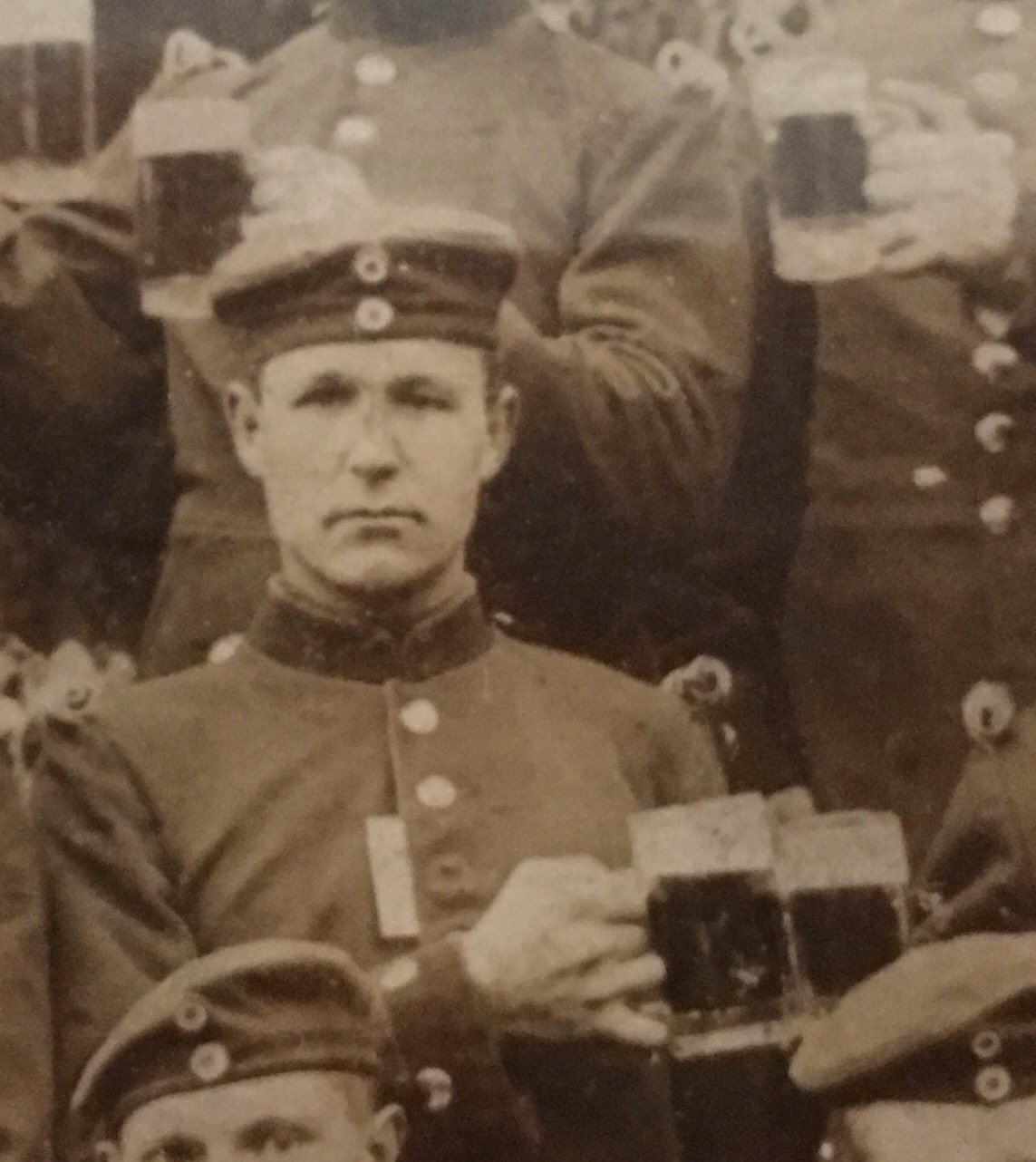

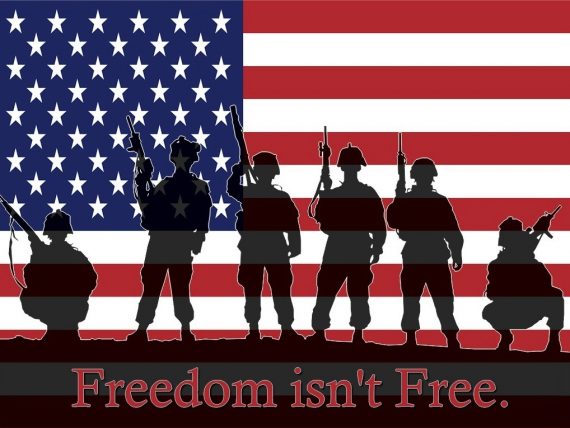






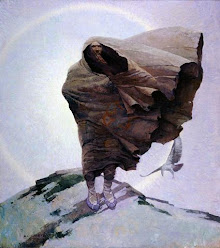













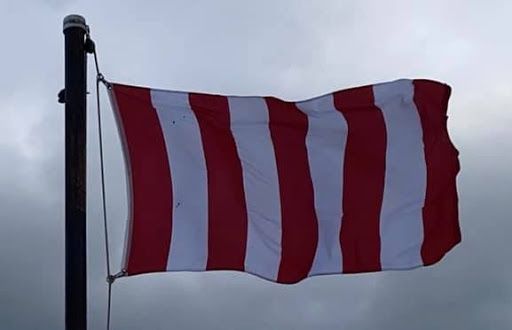
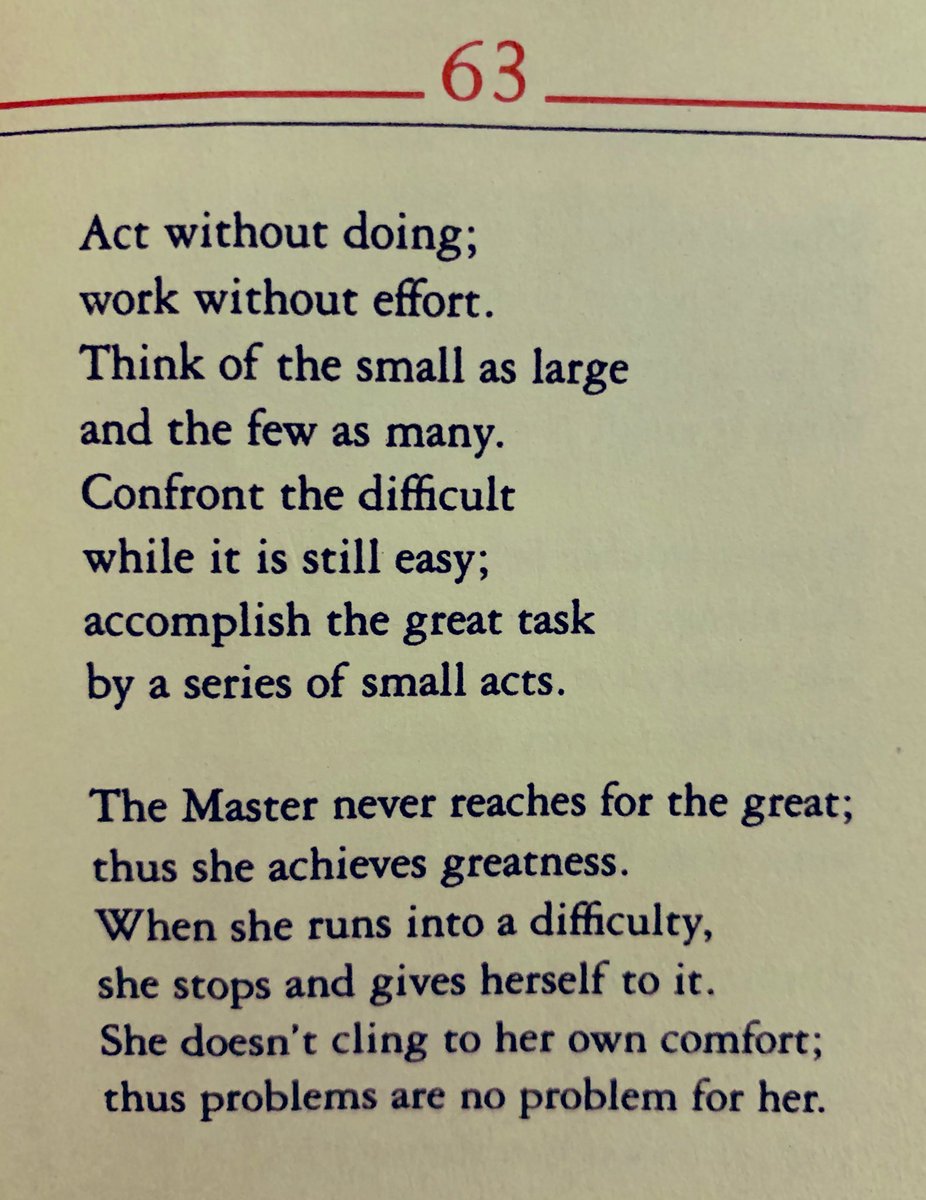









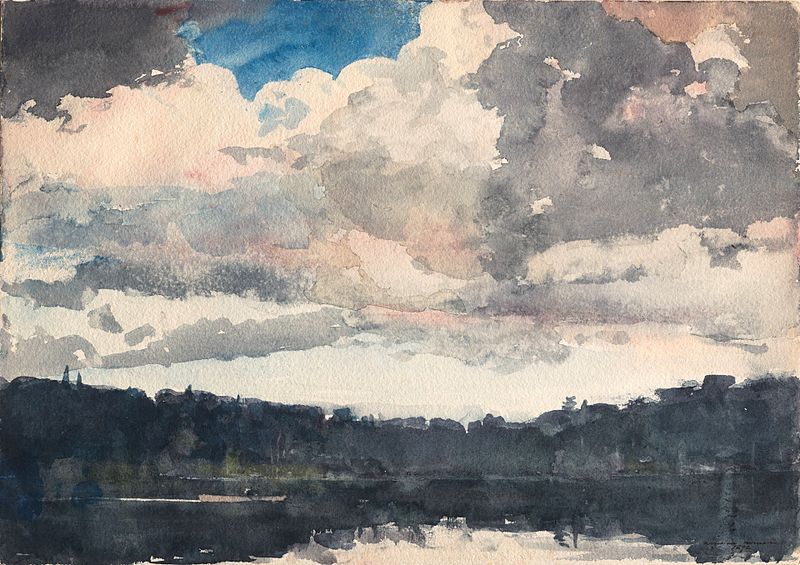





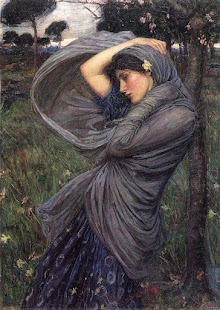












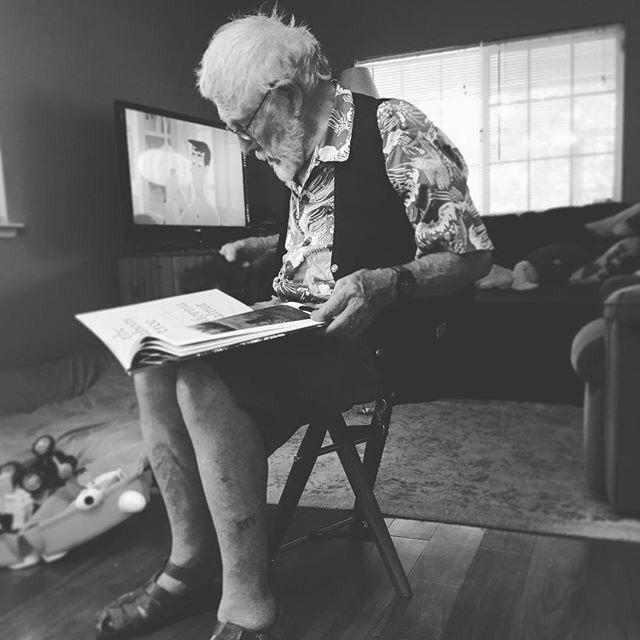

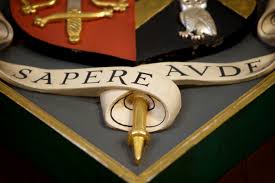


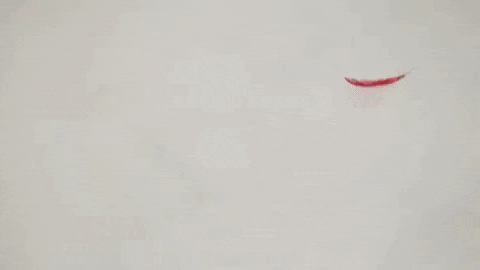



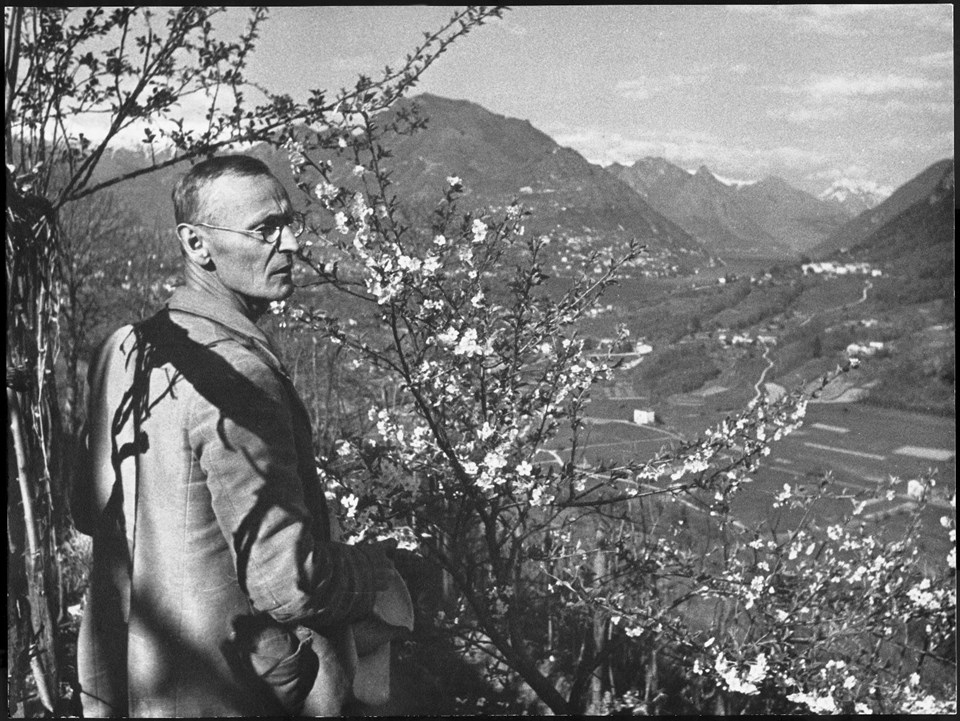


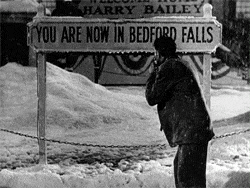







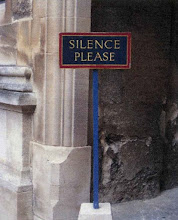









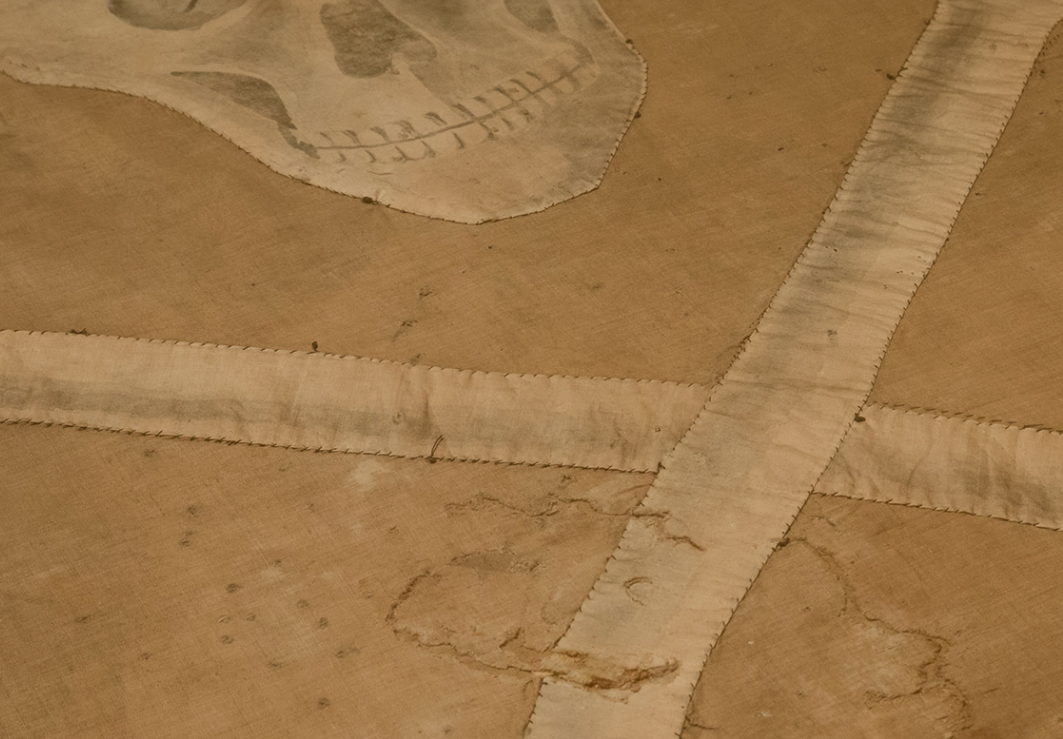

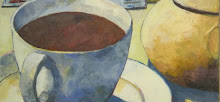
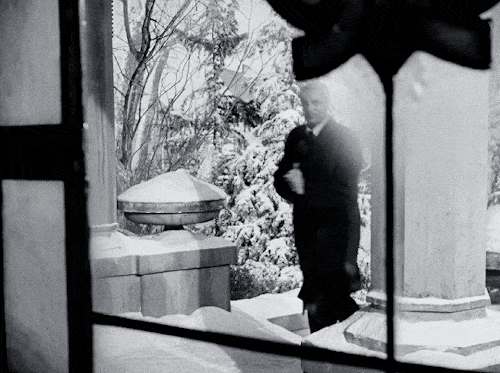
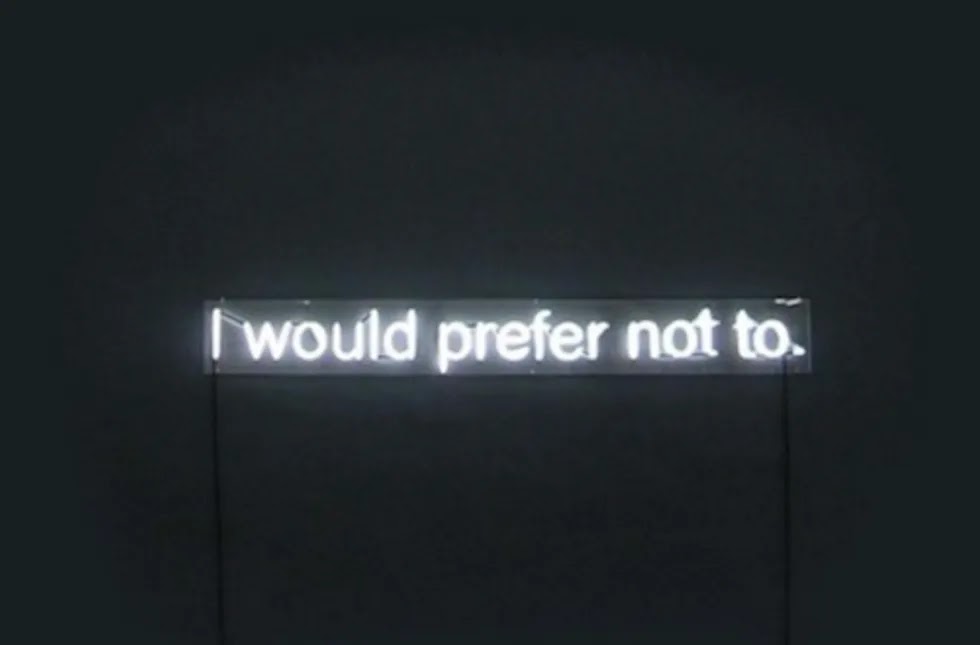

















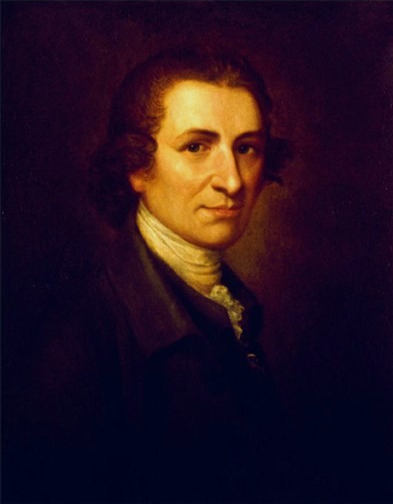


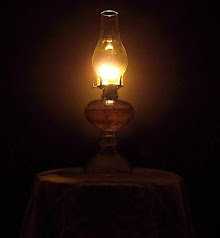







No comments:
Post a Comment